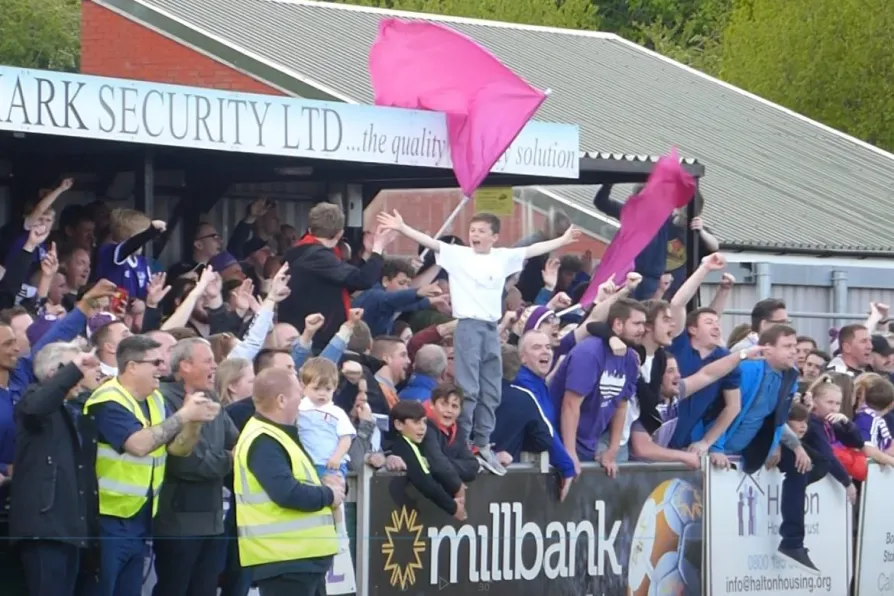
 City of Liverpool FC fans
City of Liverpool FC fans
FA CUP games were played across the country last week thanks to the initiative of many non-League clubs. Football finds a way to continue even as some aspects of its existence are being threatened more than ever.
The Morning Star was lucky enough to attend the two City of Liverpool FC (COLFC) games organised in compliance with the latest official guidance from the FA and the Department for Digital, Culture, Media and Sport over the return of spectators to football.
Despite the success of these games in paving the way for the safe return of fans, there were still doubts and a lack of clarity and understanding from the authorities ahead of the FA Cup first qualifying round game against Morpeth Town on Tuesday night.

As football grapples with overloaded calendars and commercial pressure, the Mariners’ triumph reminds us why the game’s soul lives far from the spotlight, writes JAMES NALTON

JAMES NALTON discusses the use of dynamic ticket pricing at the 2026 World Cup and how it amplifies a culture already set up to squeeze as much money from fans as possible












